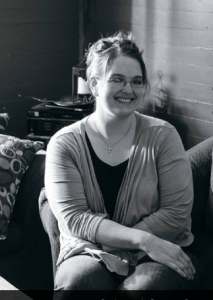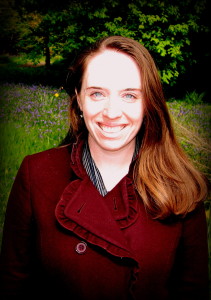Five years ago, around this time, I was driving down a sunny Indiana road under a canopy of tree branches adorned with bright green leaves.
It was spring in Indiana, and it felt like the return of the humidity that seemed to go somewhat dormant during the winter. It looked like stepping carefully over the worms who had found their way to every sidewalk on my small college campus. It smelled a little like decay, as the leaves from the previous fall were exposed to fresh air again.
That spring, I was knee deep in a romantic relationship, the first one I’d had since my first love. I have never cried so much about anything as I did during that relationship, but when the leaves turn green and the light filters through them, I don’t think about the tears, I think about those Sundays driving home from the sweet little Episcopal church I was learning to love, listening to a mix cd he’d made for me.
There was a song we both loved by Noah and the Whale called Five Years Time. It’s about a relationship and wondering about the future.
In five years time I might not know you
In five years time we might not speak
In five years time we might not get along
In five years time you might just prove me wrong
Every time I hear that song, I think about that spring in Indiana. Part of me wanted us to find a way to make it work, just as I do with every relationship.
That spring was the beginning of many lasting love affairs for me. It was during those months that I first slipped between the pages of Harry Potter, devouring the series in just a few short weeks. I listened to the music of Over the Rhine for the first time, playing “Drunkard’s Prayer” and “Born” on repeat through headphones in my dark dorm room, while my roommate slept. I began to practice yoga, tentatively, stretching muscles I hadn’t known existed. My crush on liturgy blossomed into a commitment.
Five years have passed and I am still wild about those things, if not about that person. The song 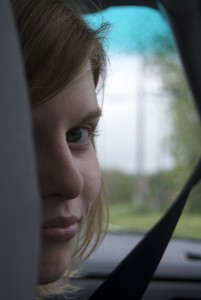 proved to be prophetic, we don’t know each other now, we haven’t spoken since that clear summer day when he called and told me he didn’t see a future for our relationship.
proved to be prophetic, we don’t know each other now, we haven’t spoken since that clear summer day when he called and told me he didn’t see a future for our relationship.
Recently, I was talking with someone about the way the seasons remind me of relationships. The first day of spring marks the birthday of a long lost friend who was once very close, the winter and new year remind me of a relationship I chose to end, and the freedom it brought. It seems that every season carries a context now. There are no seasons without memories, without twinges of sorrow, or joy, often intermingled. Memory triggers are everywhere, unavoidable. I’m doing my best to embrace them when they come, rather than shrinking back from the emotions they provoke.
When I graduated from college, I wanted a way to mark the occasion, to remember what it felt like to be in that moment. After doing a little research, I purchased a bottle of wine I liked a lot at the time (something I’d had on a promising first date). I wrote instructions on a sticky note, telling me to open the bottle in May of 2015. That bottle has sat in my wine rack all this time, waiting until the time is right. Soon, I will take it out and open it, allowing it to breathe in glasses before taking a sip.
I hope that five years have improved the taste of that season, but I won’t know until it’s open, sliding warmly down my throat.

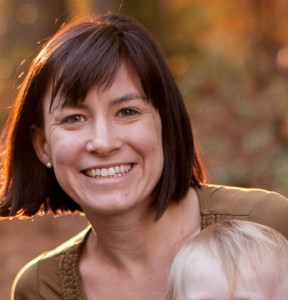
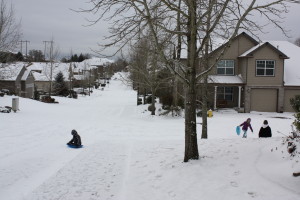
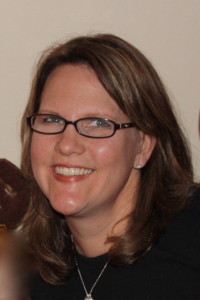
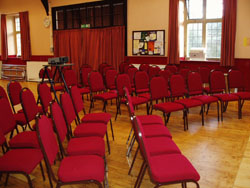 USA.
USA.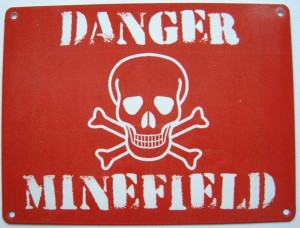
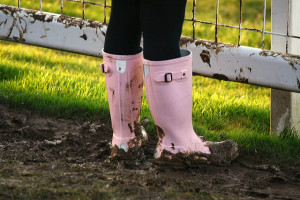

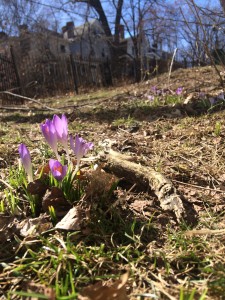
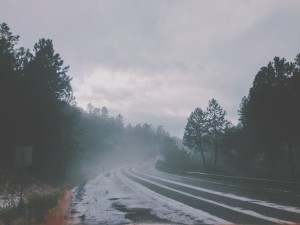
 “Winter Road” was written by Michael Hadley. Most of Michael’s time has been spent migrating between Chattanooga, TN for college and Asheville, NC where his parents live. For a semester he lived between the communications department, Starbucks, and Barnes and Noble; his addiction to books and coffee is what drives him. Currently he is freelancing in Asheville, NC and Chattanooga, TN hoping to find a “real” job. His work can be found at
“Winter Road” was written by Michael Hadley. Most of Michael’s time has been spent migrating between Chattanooga, TN for college and Asheville, NC where his parents live. For a semester he lived between the communications department, Starbucks, and Barnes and Noble; his addiction to books and coffee is what drives him. Currently he is freelancing in Asheville, NC and Chattanooga, TN hoping to find a “real” job. His work can be found at 

